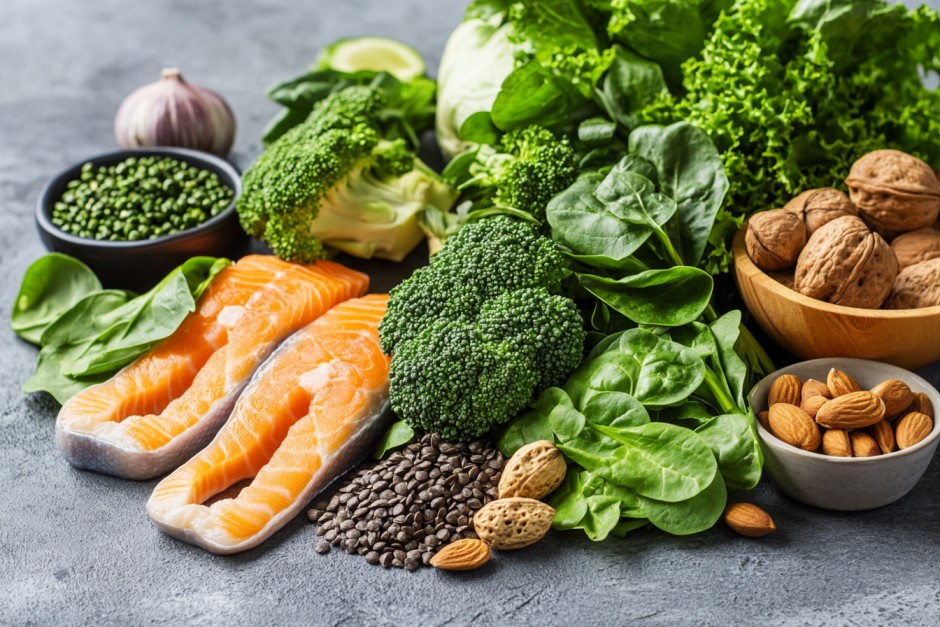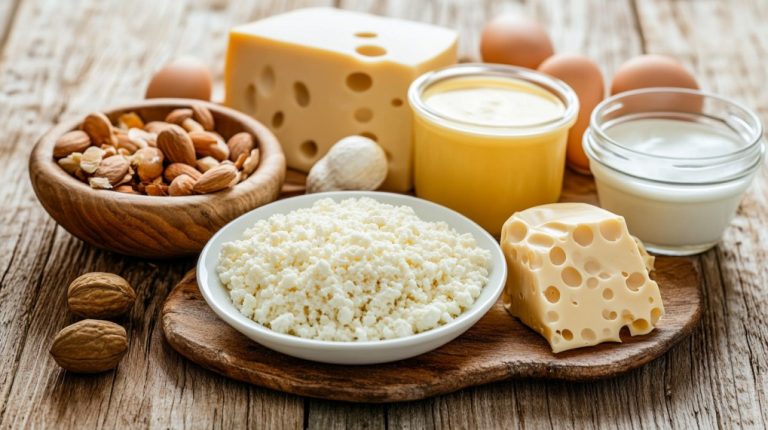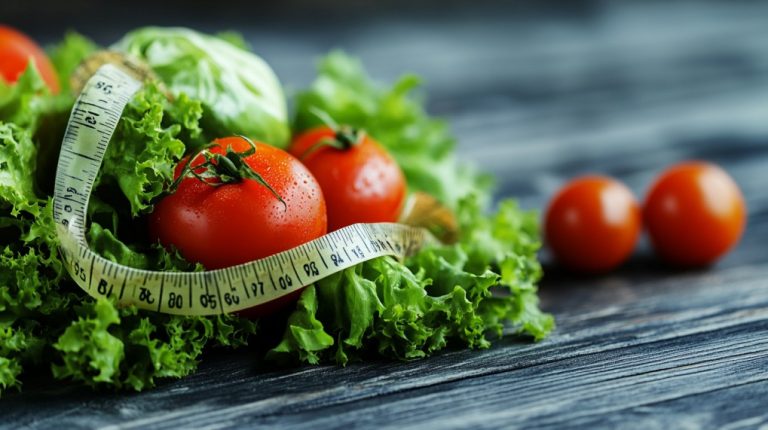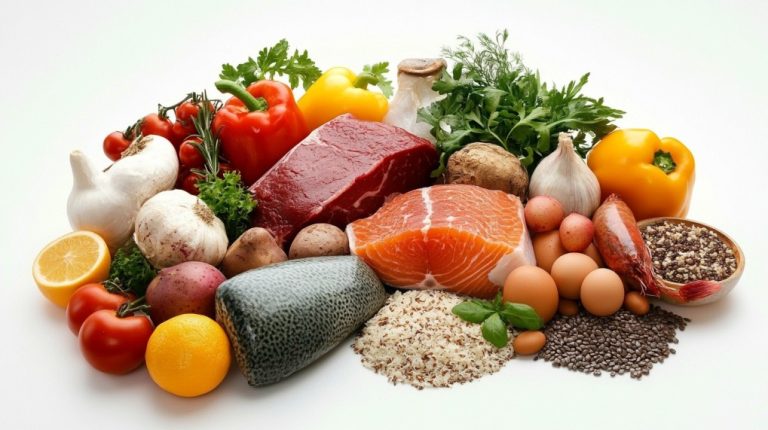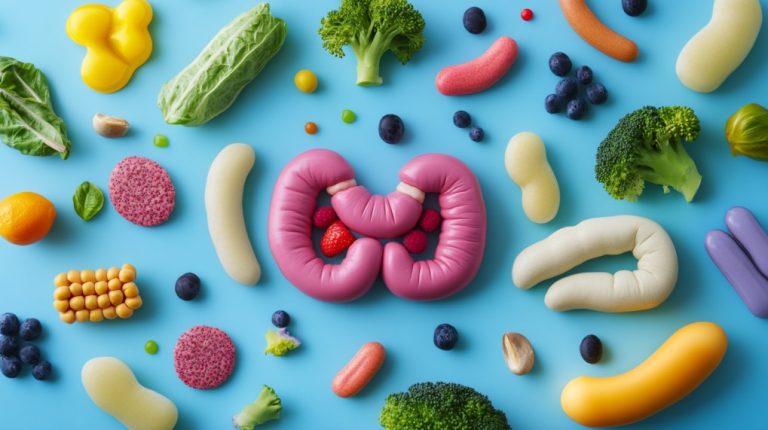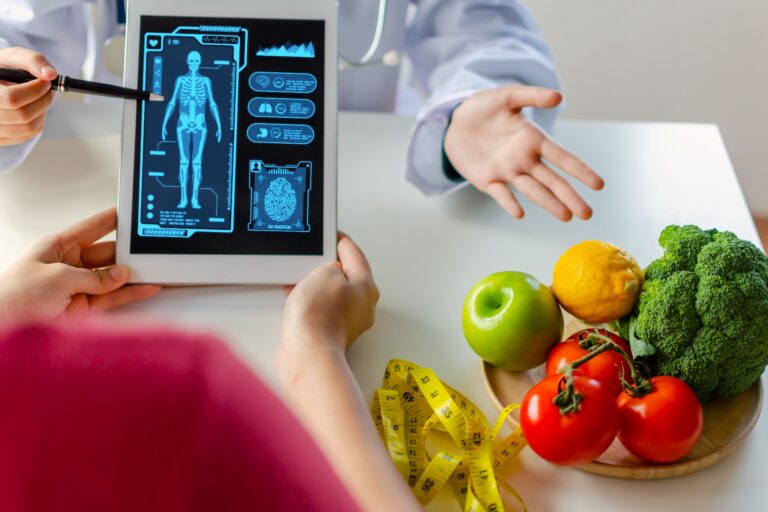Many products have emerged in recent years to detox and cleanse the liver, whether to recover from overindulgence or maintain or repair liver health. Many believe that a cleanse can aid the liver in eliminating toxins after consuming excessive alcohol or unhealthy meals. Some people expect that it will improve the daily function of their liver, while others believe it can aid in treating liver disease. This article will delve into some myths, facts, and tips regarding liver cleansing.
Understanding Liver Health
Your liver serves as the primary filter in your body, converting toxins into waste, purifying your blood, and metabolizing nutrients and medications to create essential proteins. A liver detox aims to remove harmful substances from the liver to improve its function and promote overall well-being.
A healthy liver is capable of detoxifying almost all substances that come into contact with a person. If the liver is unhealthy, the body’s ability to filter toxins decreases. Many natural health practitioners, supplement companies, and medical websites claim that the liver accumulates toxins as it filters substances.
Over time, they claim that these toxins can lead to a variety of non-specific symptoms and potentially even severe illnesses or an elevated cancer risk. However, there is minimal proof to back up this claim.
On the other hand, damage to the liver can occur over time due to exposure to chemicals. Consuming alcohol, for example, is a widely acknowledged means of slowly deteriorating liver health.
Common Myths About Liver Cleansing
Here are some common myths regarding liver cleansing:
Myth #1: Liver cleanses are crucial for overall health, especially after excessive indulgence.
Claims of liver cleanse being a cure-all for liver health and overindulgence are not backed by clinical trial testing. To maintain liver health, it’s best to consume less alcohol and food, as cleanses don’t eliminate damage caused by excessive consumption.
Myth #2: Liver cleanses promote safe weight loss.
Weight loss cleanses are often marketed as liver detoxification products. However, there is no scientific data to support the effectiveness of these cleanses. Some dietary supplements have the potential to damage the liver and should be used with caution because of the risks of drug-induced injury.
Myth #3: You cannot prevent liver disease.
To protect yourself against liver disease, take preventive steps like avoiding excessive alcohol consumption and weight gain and knowing your risk factors, including family history of liver disease.
Myth #4: Liver cleanses can reverse liver damage.
Liver cleanses lack scientific evidence for treating existing liver damage, but there are alternative treatments available.
Diet and Liver Health
A balanced lifestyle is essential for a healthy liver, but incorporating certain foods can assist in its detoxification. Here’s a list.
1. Leafy greens
Green leafy veggies contain chlorophyll and help remove toxins from the blood. With their abundance of vitamins, minerals, and fiber, they’re the perfect low-calorie option. Consuming leafy greens in your diet lowers the chances of obesity, heart disease, and high blood pressure.
2. Cruciferous Vegetables
Glutathione is primarily found in cruciferous vegetables. These enzymes trigger the removal of cancer-causing substances and other toxins from the body. Incorporate plenty of broccoli, cabbage, and cauliflower into your meals.
3. Fatty fish
If you’re a seafood enthusiast, make sure to incorporate fresh tuna, anchovies, sardines, and mackerel into your diet. Fatty fish contains high levels of Omega-3 fatty acids, which help reduce inflammation in the body. According to research, they help to prevent the accumulation of excessive fats and regulate enzyme levels in the liver.
4. Garlic
Garlic, when consumed, activates liver detox enzymes due to its antibacterial agents and selenium content. These enzymes are effective at removing toxins from the body.
5. Nuts
Nuts are beneficial for the gut due to their high fat and nutrient content. The consumption of nuts was discovered to enhance liver enzyme levels. Incorporate walnuts generously into your diet for their natural liver-cleansing properties, thanks to high levels of glutathione and omega-3 fatty acids. Vitamins found in almonds also support liver health.
6. Fruits & berries
Ensure that you incorporate grapefruit, apples, avocados, and various citrus fruits into your daily meals. These fruits promote gut health and boost liver function.
Foods to Avoid for a Healthy Liver
The most effective way to maintain a healthy liver is by following a nutritious diet. Good nutrition can prevent the worsening of several conditions, even if you have a liver condition.
First, let’s examine foods that cause stress to the liver. When choosing what to eat, here are some foods you should limit while shifting to a diet for cleansing the liver.
1. Fast food
Your liver may struggle to handle the excessive sugar, salt, and fat found in restaurant food. A study has shown that people who eat fast food for 20% or more of their meals tend to build up excessive fat in their liver. Those who have diabetes or are overweight face even more severe consequences.
2. Ultra-processed foods
Ultra-processed foods are significantly altered from their original state through preservation and refinement. If there are numerous difficult-to-pronounce chemical names, it indicates extensive processing. As a result, the liver is responsible for metabolizing not just the sugar, salt, and fat but also these additives and preservatives found in the food. The consumption of excessive ultra-processed foods contributes to the accumulation of fat in the liver.
3. Sugary drinks
The liver is negatively impacted by drinks with added sugar, just like sweetened foods. However, consuming sweetened drinks increases the risk of not feeling full quickly. It’s simple to consume excessive sugar beyond your body’s requirements.
4. Red meat and processed meats
Red meat and processed meats have a high content of saturated fat. Consuming these foods in large quantities is associated with higher risks of cardiovascular disease and fatty liver.
5. Alcohol
Liver damage can also result from excessive alcohol consumption. Additionally, excessive drinking and consuming the aforementioned foods can accelerate the harm.
Lifestyle Tips for Liver Health
The best way to keep your liver free of any disease is to keep it healthy. Here are some lifestyle changes to have a healthy liver while also following a diet for cleansing the liver:
- Maintain a healthy weight: Being obese or overweight puts you at risk of developing a fatty liver, which can progress to non-alcoholic fatty liver disease (NAFLD), a rapidly growing liver condition.
- Eat a balanced diet to support a healthy liver: Stay away from high-calorie meals, saturated fat, refined carbs, and sugars.
- Exercise regularly: Regular exercise aids in the burning of triglycerides and can decrease liver fat.
- Avoid toxins: Minimize exposure to toxins by avoiding direct contact with cleaning products, aerosols, insecticides, chemicals, and additives.
- Limit your alcohol intake and drink in moderation: Only a small quantity of alcohol can be metabolized by the liver within an hour. Excessive consumption can result in liver cell damage, causing inflammation and scarring known as cirrhosis.
- Get vaccinated: Protect yourself from viral liver infections by getting vaccinated for hepatitis A and B. To prevent contracting hepatitis A, it’s important to avoid consuming raw or contaminated seafood or shellfish. Sexual contact, contaminated blood, and needles can transmit Hepatitis B.
When to Seek Medical Advice
Liver problems can be caused by various factors, such as viruses, alcohol use, and obesity. Over some time, liver-damaging conditions can result in the formation of scar tissue, which is known as cirrhosis. The consequence of cirrhosis can be liver failure, which is a serious and life-threatening condition. However, early treatment can allow the liver to heal. If you notice any signs indicating liver disease, make an appointment with your healthcare provider. The doctor will evaluate your symptoms and formulate a personalized diet for cleansing the liver.
Taking care of your liver and preventing liver disease is possible with guidance from a nutritionist on the right diet and lifestyle. At QUA Nutrition, we can provide you with a tailored meal plan to help support overall liver health. Contact us today for personalized dietary interventions.

